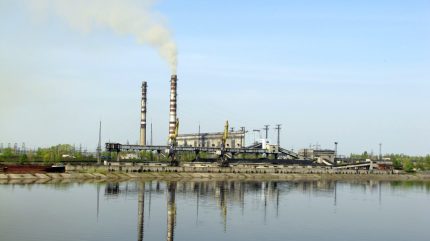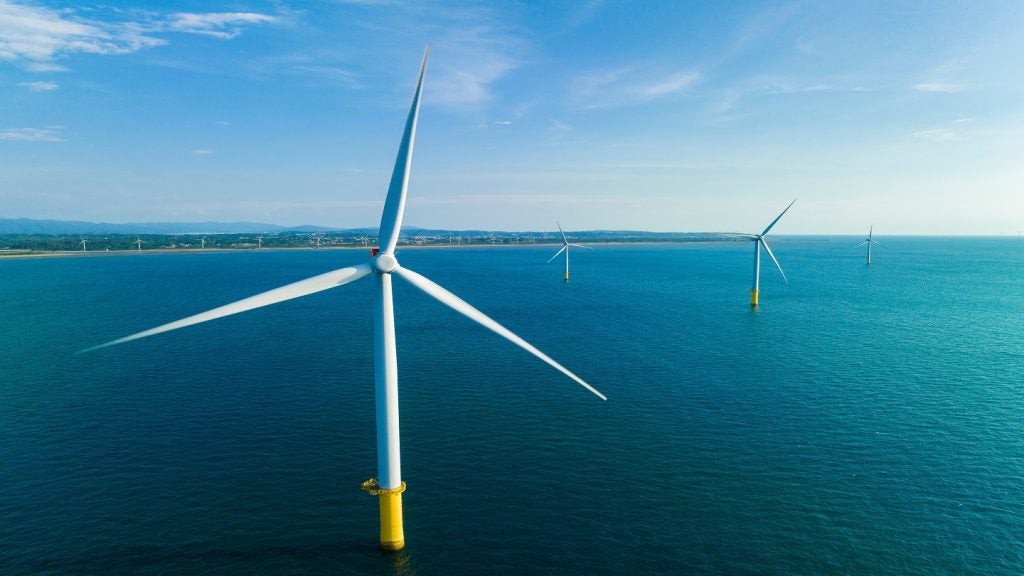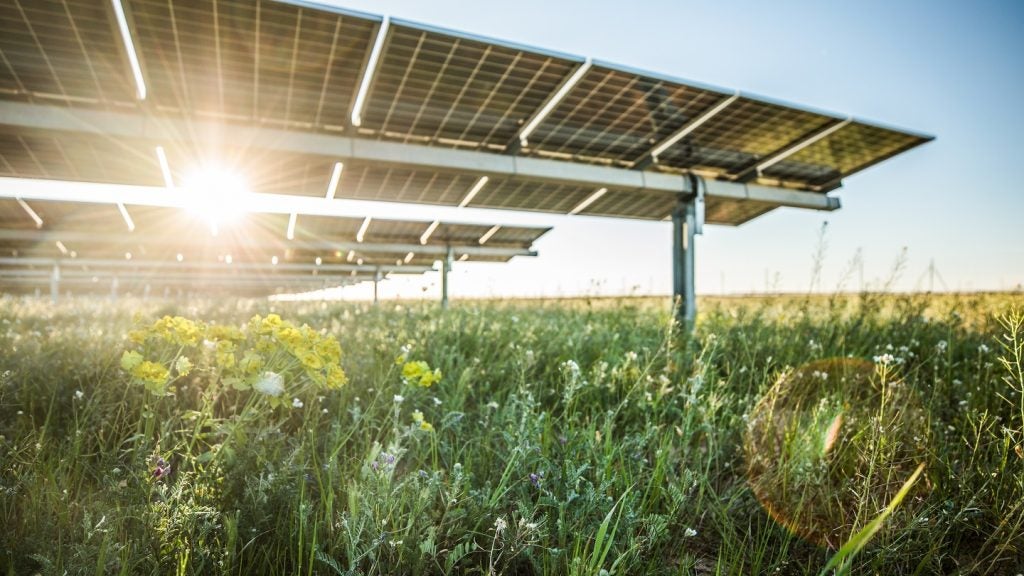
Russian forces have obliterated the Trypilska thermal power plant (TPP), Ukraine’s largest power-generating facility in the Kyiv region, through a series of missile attacks.
The assault, which took place on 11 April 2024, saw Russia launch a barrage of 82 missiles and drones, including six hypersonic Kinzhal missiles.
Despite Ukraine’s Air Force successfully intercepting 18 missiles and 39 drones, the Trypilska TPP was completely destroyed, as confirmed by Centrenergo, the energy company that owns it.
Centrenergo reported a total loss of power generation capability across its three plants, all of which have been destroyed or seized by Russian forces.
The Trypilska plant, a critical energy asset for the Kyiv, Cherkasy and Zhytomyr regions, had a capacity of 1.8GW, surpassing the pre-war electricity demands of Ukraine’s capital.
The company stated: “[This is a] black day in the history of Centrenergo. The scale of the destruction is terrible. Money can’t estimate it. This is the biggest challenge for us in the history of the company.”
How well do you really know your competitors?
Access the most comprehensive Company Profiles on the market, powered by GlobalData. Save hours of research. Gain competitive edge.

Thank you!
Your download email will arrive shortly
Not ready to buy yet? Download a free sample
We are confident about the unique quality of our Company Profiles. However, we want you to make the most beneficial decision for your business, so we offer a free sample that you can download by submitting the below form
By GlobalDataRussian President Vladimir Putin justified the strikes as a necessary response to Ukrainian drone attacks on Russian energy infrastructure, RIA Novosti, a Russian state-owned news agency, has reported.
Putin, in conversation with Belarusian President Alexander Lukashenko, announced that the attacks align with Russia’s goal of the “demilitarisation” of Ukraine, a key stated motive behind the Kremlin’s 2022 invasion.
Putin also said that Russia had refrained from such actions during the winter due to “humanitarian considerations”.
The Russian Ministry of Defence described the operation as a massive retaliatory strike targeting Ukrainian fuel and energy facilities, utilising drones and high-precision, long-range weapons from air and sea.
Russian news agencies quoted Putin as telling Lukashenko: “… unfortunately, we observed a series of strikes on our energy sites recently and were obliged to respond”.
Ukrainian President Volodymyr Zelenskiy said on Telegram: “We need air defence and other defence support, not eye-closing and long discussions.” He condemned the attacks as “terror”.
Amidst the destruction, Ukrainian Foreign Minister Dmytro Kuleba reiterated the urgent need for more US-made Patriot defence systems.
During a visit to Slovakia, he told Ukrainian state news agency Ukrinform: “What is there to discuss? There is only a single question: Give us Patriot systems! If we had Patriots, we would not have lost all of this today.”
Grid operator Ukrenergo disclosed that its substations and power-generating sites had sustained damage in Odesa, Kharkiv, Zaporizhzhia, Lviv and Kyiv.
Further strikes were reported on the afternoon of 11 April as Russian forces targeted a thermal power station in the Sumy region with guided bombs. The extent of the damage remains unclear.
Two underground natural gas storage facilities were also hit, one owned by foreign companies. Operations at these facilities are continuing despite the attacks.
A few days ago earlier, the Zaporizhzhia nuclear power plant, currently under Russian control, was struck by a drone, damaging one of its six reactors.
The International Atomic Energy Agency has acknowledged the severity of the situation there, highlighting the risks to nuclear safety and security and the breach of protective protocols.







